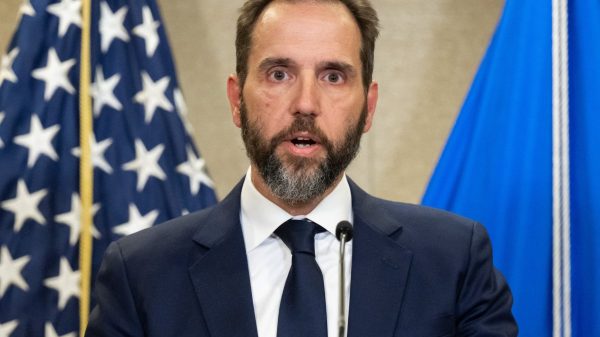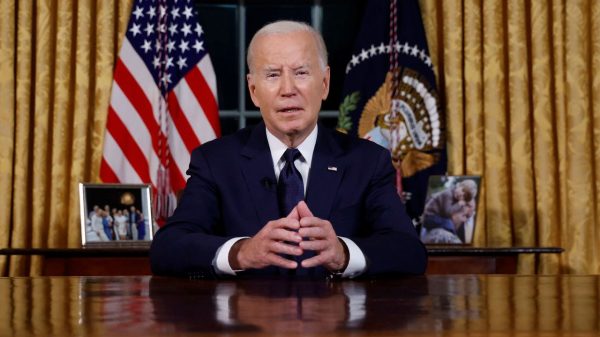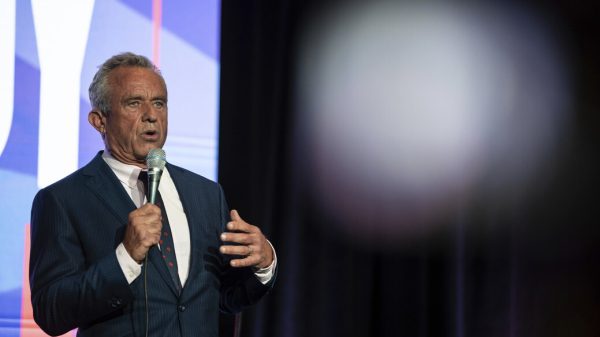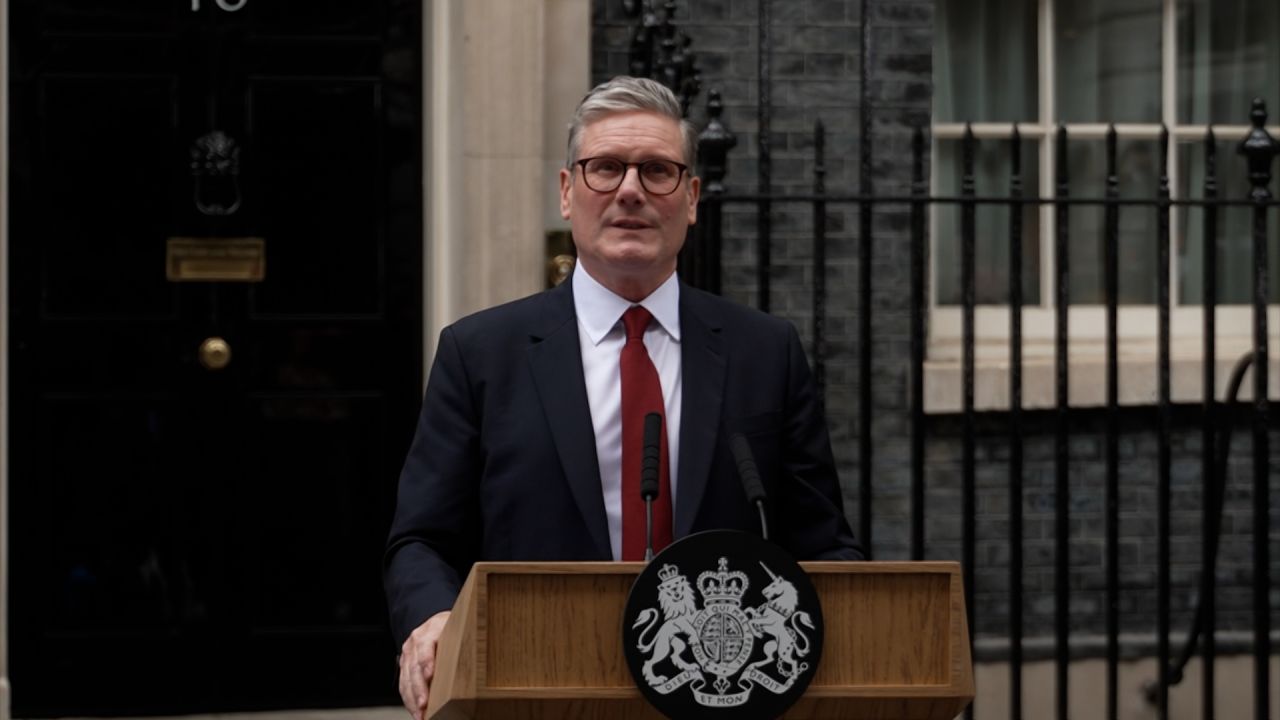Prime Minister Keir Starmer assumed leadership in Britain following a resounding victory for his Labour Party in recent elections, marking a decisive shift away from the Conservative government. Despite Labour securing a commanding majority with over 410 parliamentary seats, concerns lingered due to a historically low voter turnout of around 60%. This tepid participation reflected widespread disillusionment with the political establishment after years of dysfunction.
Labour’s electoral success, although substantial in parliamentary terms, was tempered by capturing only 35% of the national vote, the lowest ever for a single-party majority government according to polling expert John Curtice. This fragmented political landscape saw smaller parties gaining ground, with Reform U.K., led by Nigel Farage, emerging as the third-largest party with 14% of the vote and five parliamentary seats.
In his first official act as prime minister, Starmer emphasized a mandate for national renewal, acknowledging the urgent need for change in his address outside No. 10 Downing Street. The outgoing Prime Minister, Rishi Sunak, conceded defeat graciously, accepting responsibility for his party’s failure and acknowledging voter discontent.

Keir Starmer
Starmer’s leadership marks a departure from the leftist policies of his predecessor Jeremy Corbyn, positioning Labour as a moderate alternative to Conservative rule. His cabinet appointments, including Rachel Reeves as chancellor of the Exchequer and David Lammy as foreign secretary, signal a fresh direction for British governance.
Meanwhile, Sunak announced his intention to step down as Conservative leader once a successor is chosen, highlighting his achievements in stabilizing the economy but ultimately succumbing to the electoral backlash. The rise of Reform U.K. under Farage underscores a shift towards right-wing populism, posing a challenge to both Labour and the Conservatives in future political landscapes.
The election outcome reflects a nation grappling with political discontent and seeking new directions. With Labour poised for significant reforms under Starmer’s leadership and smaller parties gaining ground, the next chapter of British politics promises to be one of adaptation and realignment.












































